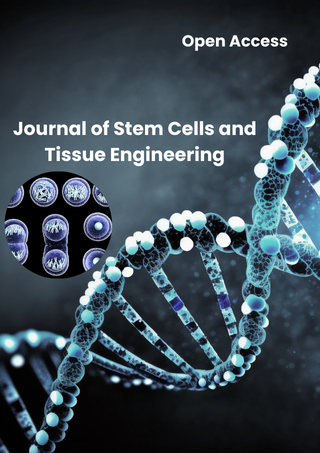Gene Editing in Stem Cells
Gene Editing in Stem Cells combines the precision of genome engineering with the regenerative capacity of stem cells to correct genetic defects, model diseases, and develop advanced therapies. Techniques such as CRISPR-Cas9, TALENs, and zinc finger nucleases allow targeted modifications in embryonic stem cells, induced pluripotent stem cells (iPSCs), and adult stem cells. These edits can involve gene knockouts, insertions, or corrections to restore normal cellular function or enhance therapeutic efficacy. Gene-edited stem cells are being explored for treating monogenic disorders like sickle cell disease, cystic fibrosis, and muscular dystrophy, as well as for cancer immunotherapies. Critical challenges include off-target effects, delivery methods, and ethical considerations. Ongoing research focuses on improving safety, precision, and clinical translation of gene-edited stem cell therapies.
Article Processing Timeline
| 2-5 Days | Initial Quality & Plagiarism Check |
| 15 Days |
Peer Review Feedback |
| 85% | Acceptance Rate (after peer review) |
| 30-45 Days | Total article processing time |
Indexed In
ResearchBib
Sindexs
OAJI
DOAJ
CrossRef
PubMed
MEDLINE
EBSCO A-Z / Host
OCLC - WorldCat
Journal Flyer


